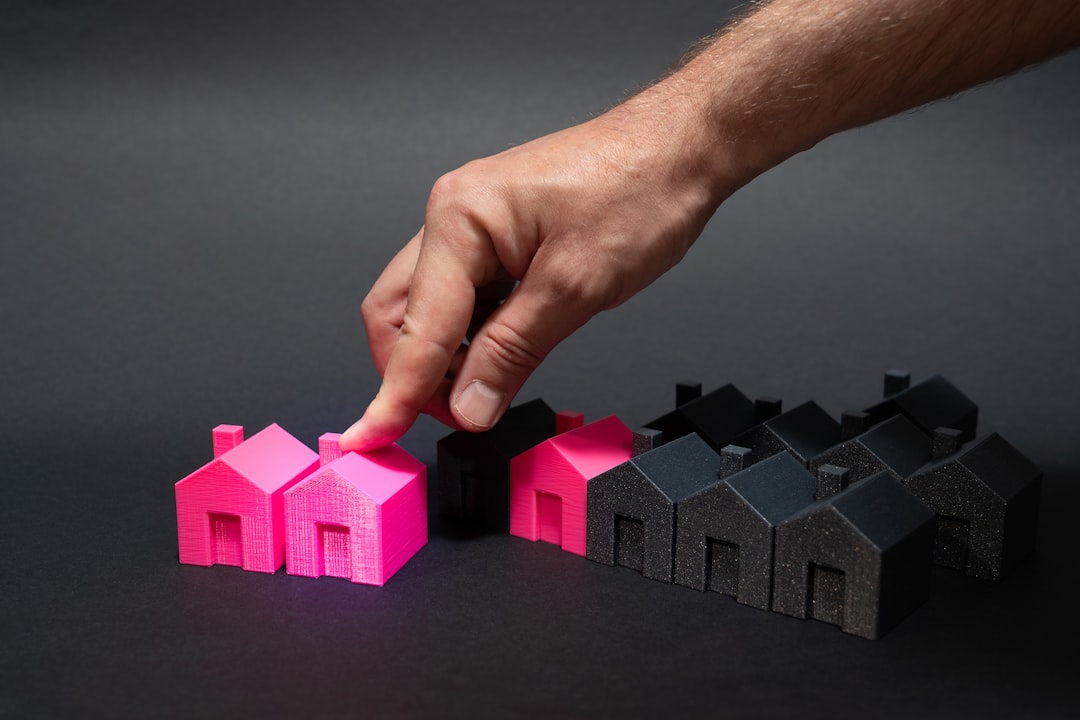In the world of property investment and development, creative real estate stands out as a unique and imaginative approach to buying, selling, or controlling property. Unlike traditional real estate transactions, which typically involve straightforward methods such as securing a mortgage and purchasing at market value, creative real estate relies on alternative techniques to generate profit, often with less upfront capital and greater flexibility.
These alternative methods are particularly appealing to investors and entrepreneurs looking to maximize returns, reduce risk, or step into the market without needing significant financial resources. Creative real estate is built upon negotiation, problem-solving, and an in-depth understanding of real estate laws and financing options.
What Makes It “Creative”?
The term “creative” in creative real estate refers to the innovative strategies used to structure deals. These strategies are not the norm in mainstream property transactions and often involve working closely with motivated sellers, private lenders, or lease agreements. Techniques may be employed individually or in combination to create win-win scenarios for both buyers and sellers.

Popular Creative Real Estate Strategies
- Seller Financing: Also known as owner financing, this occurs when the property seller acts as the lender. The buyer makes payments directly to the seller instead of a bank, often reducing closing costs and qualification requirements.
- Lease Options: A buyer leases a property with the option to purchase it later. This helps build equity over time while offering flexibility to back out if necessary.
- Subject-To (Existing Financing): In this scenario, the buyer takes control of the property “subject to” the existing mortgage, meaning the borrower remains on the loan, but the buyer gains full control.
- Wholesaling: A real estate investor contracts a property with a seller and then assigns that contract to an end buyer, often for a quick profit without owning the property.
- Hard Money Loans: These are short-term, asset-based loans from private lenders used to purchase or rehab properties quickly.
The Benefits of Creative Real Estate
One of the most compelling reasons investors turn to creative real estate is the potential to enter deals with little to no money down. Deals can be structured in a way that adapts to a seller’s personal circumstances, creating customizable solutions that benefit all parties. Other benefits include:
- Increased flexibility in financing and negotiations
- Opportunities for investors with limited capital or credit
- Ability to help distressed property owners find tailored solutions
- Diversification of investment strategies to mitigate risk

Risks and Considerations
While creative real estate strategies offer intriguing advantages, they are not without risks. Legal complexities, the possibility of seller default, misunderstandings in contract terms, and difficulties in resale are just a few of the concerns. As such, working with experienced attorneys and understanding local real estate laws is vital. Due diligence is critical, especially when relying on unconventional contracts or financing structures.
Moreover, these techniques require strong negotiation skills, thorough market knowledge, and often, the courage to tread where traditional investors hesitate. Missteps can lead to costly legal challenges or bad investments if not handled carefully.
Who Should Consider Creative Real Estate?
Creative real estate is not just for professional investors. Beginners, real estate agents, and even regular homeowners can benefit from learning and applying these unconventional methods. It is particularly helpful for those who:
- Have limited cash but want to begin investing
- Are looking for alternative ways to profit from real estate
- Want to help distressed sellers or solve unique property issues

Education, mentorship, and continuous learning are key components to succeeding in creative real estate. With the right mindset and tools, anyone willing to think outside the box can find success using these techniques.
Frequently Asked Questions (FAQ)
-
What is the main goal of creative real estate?
The goal is to find flexible, often low-money-down ways to buy, sell, or control property to generate profit while solving problems for motivated sellers. -
Is creative real estate legal?
Yes, but it requires a thorough understanding of real estate and contract law. Some techniques can become legally complicated, so working with professionals is advised. -
Do I need good credit to start in creative real estate?
Not necessarily. Many techniques, such as subject-to or wholesaling, allow investors to participate without personal credit or traditional financing. -
Can I invest in creative real estate part time?
Absolutely. Many investors start part-time while learning the industry and scaling their investment strategies. -
How do I learn more?
Consider joining local real estate investor associations, attending seminars, reading books, or connecting with experienced mentors in the field.